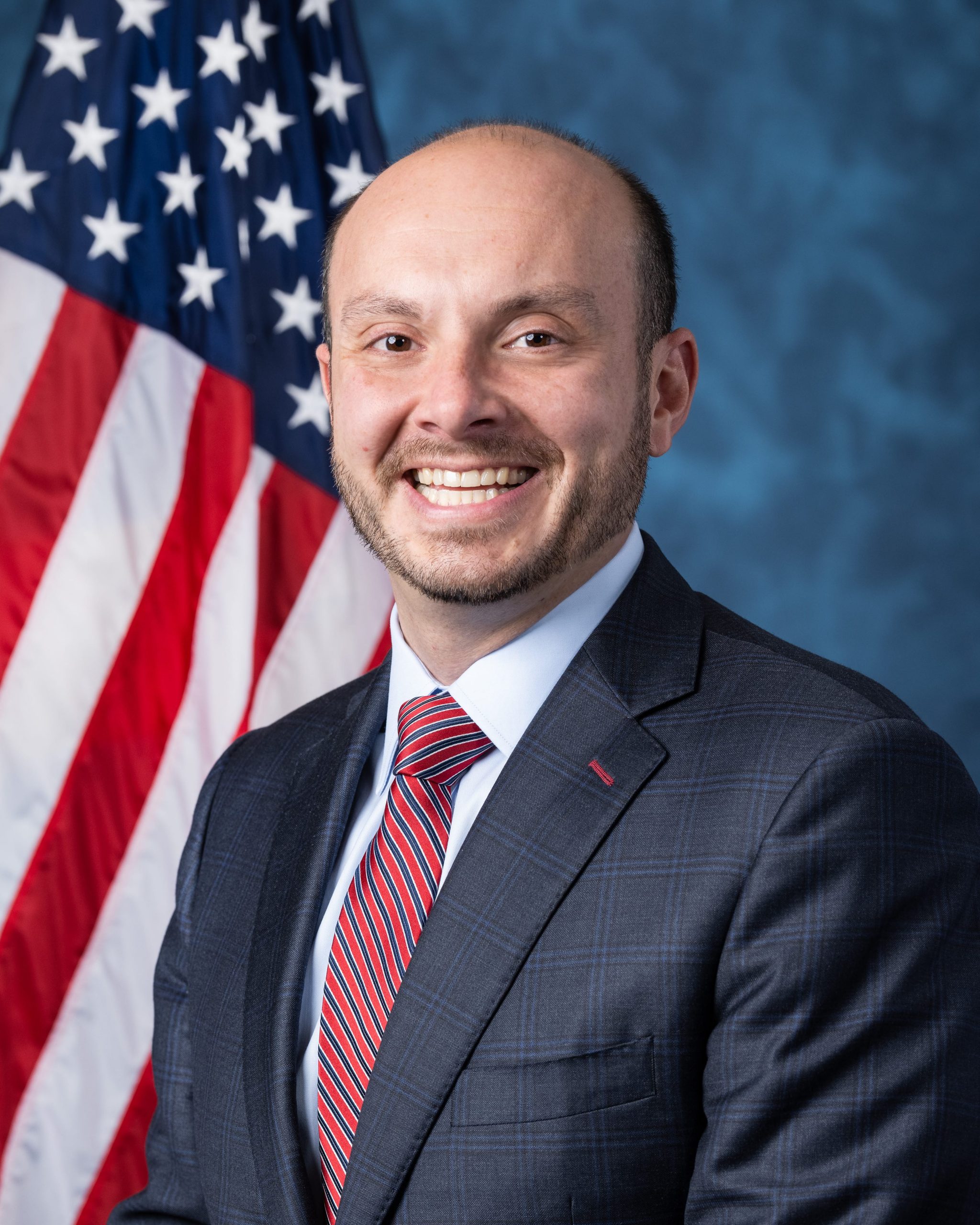
September 11, 2001, is burned into the memory of every American who experienced that day. I vividly remember watching the second tower fall live on television as I stood less than 60 miles away in my high school’s teachers’ lounge surrounded by stunned teachers and classmates.
In moments like that, it’s difficult to process how this could happen, but in the nearly 20 years since, we have had time to examine what went wrong and what we need to do differently. That is why it is so disturbing to find ourselves, just days from the 20th anniversary of this horrific attack, watching the Taliban once again rise to power in Afghanistan. It seems we haven’t learned from the lessons of the past and that we have a lot of work to do to prevent attacks like what occurred on 9/11 from happening again.
To understand where we are today, we must first go back to where we were in the months and weeks leading up to the 9/11 attack. At the core of the matter was a fatal intelligence error. Security officials in the top tiers of government failed to see al Qaeda as a serious threat. The 9/11 Commission Report outlines numerous indicators of a plane hijacking attack like the one executed on that fateful day, alongside the reasonable logic to explain the unlikelihood of such an attack. In the end, we were wrong. We underestimated our enemy and Americans paid the price with their lives. Hindsight is 20/20. However, this is a mistake that we cannot repeat if we hope to prevent future attacks.
We underestimated our enemy and Americans paid the price with their lives … this is a mistake that we cannot repeat if we hope to prevent future attacks.
Securing the Homeland is the most critical American imperative. As a member of the Homeland Security Committee and Ranking Member of the Cybersecurity Subcommittee, I take this responsibility as my most solemn duty. In order to do so, we must update our thinking of what constitutes a national security threat to match the ever-changing threat landscape. The face of terror has evolved to one that is more complex. I believe that cyberattacks are the preeminent threat of our time, as we have seen recently in the countless intrusions perpetrated by cyber criminals sponsored by foreign adversaries across every sector – from government institutions to the energy sector, and even our local school districts. That is why I have worked closely with my colleagues on both sides of the aisle to introduce legislation to strengthen our cyber preparedness. Homeland security is not a political issue. It affects all Americans so we must work together as Americans, not as partisans, to protect our nation.
As we face increasing cyber threats from foreign adversaries, we must not let our guard down when it comes to physical threats. Over the course of this year, we have seen a record number of illegal border crossings. There are known gang members and individuals on the terrorism watch list who are exploiting the Administration’s weak policies. In July 2021, U.S. Customs and Border Protection reported over two hundred thousand apprehensions at the border – the highest in over two decades. Since January 2021, over eight thousand of those arrested at the border were convicted criminals. This influx creates a dangerous threat to our national security. Addressing the crisis at our southern border must be the utmost priority for Congress.
As we watch the Taliban return to its seat of power in Afghanistan and the ongoing crisis at our Southern border, we must be prepared for imminent terror attacks.
As we watch the Taliban return to its seat of power in Afghanistan and the ongoing crisis at our Southern border, we must be prepared for imminent terror attacks. The Director of National Intelligence reported in April 2021 that ISIS, al Qaeda, Iran, and its militant allies continue to plot terrorist attacks against U.S. persons and interests. If we cannot stop the influx of illegal crossings, it will seriously damage our ability to prevent terrorist organizations from breaching our country to execute deadly attacks on American soil.
In the 20 years since the 9/11 attack, our intelligence and homeland security community has made great strides to improve our security posture, but in many ways America is under greater threat than ever. The situation in Afghanistan has made this painfully clear. We cannot let up our vigilance, we cannot underestimate our enemies, and we cannot afford to forget the lessons of the past lest we be forced to have the same reflections 20 years from now about a yet- to-be-seen attack against Americans.
Congressman Andrew R. Garbarino proudly represents the 2nd Congressional district of New York. He serves on the House Committee on Homeland Security and is the Ranking Member of the Subcommittee on Cybersecurity, Infrastructure Protection, and Innovation.




